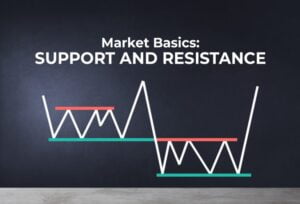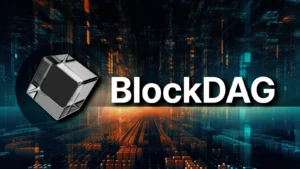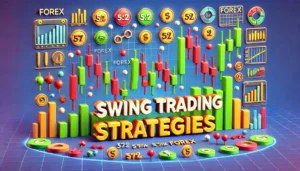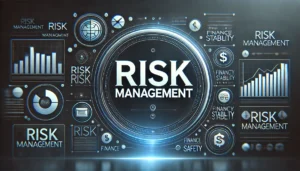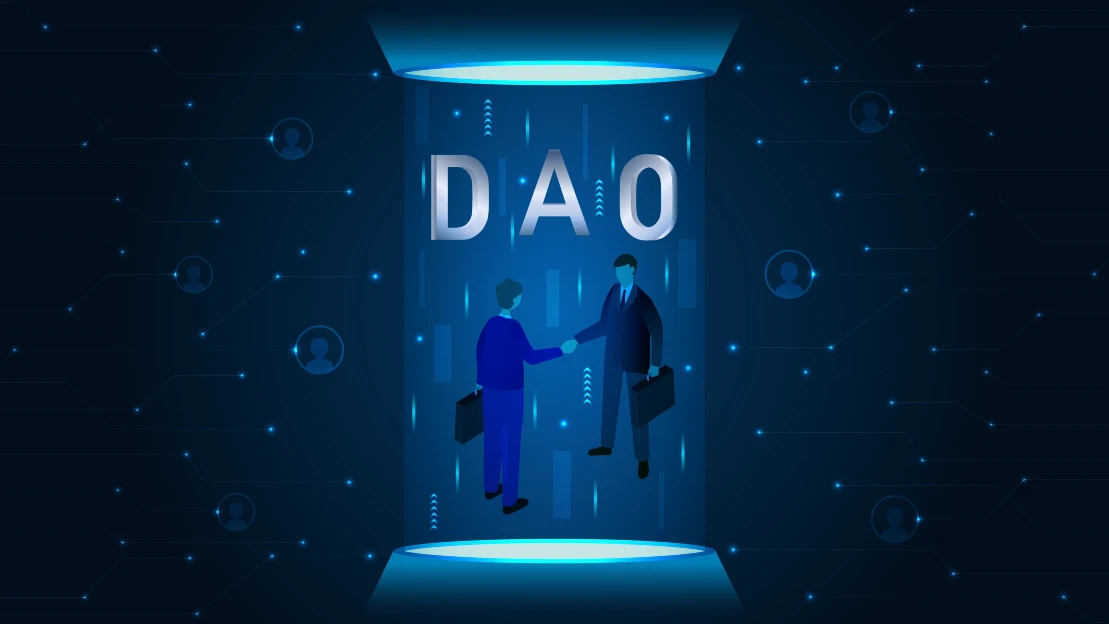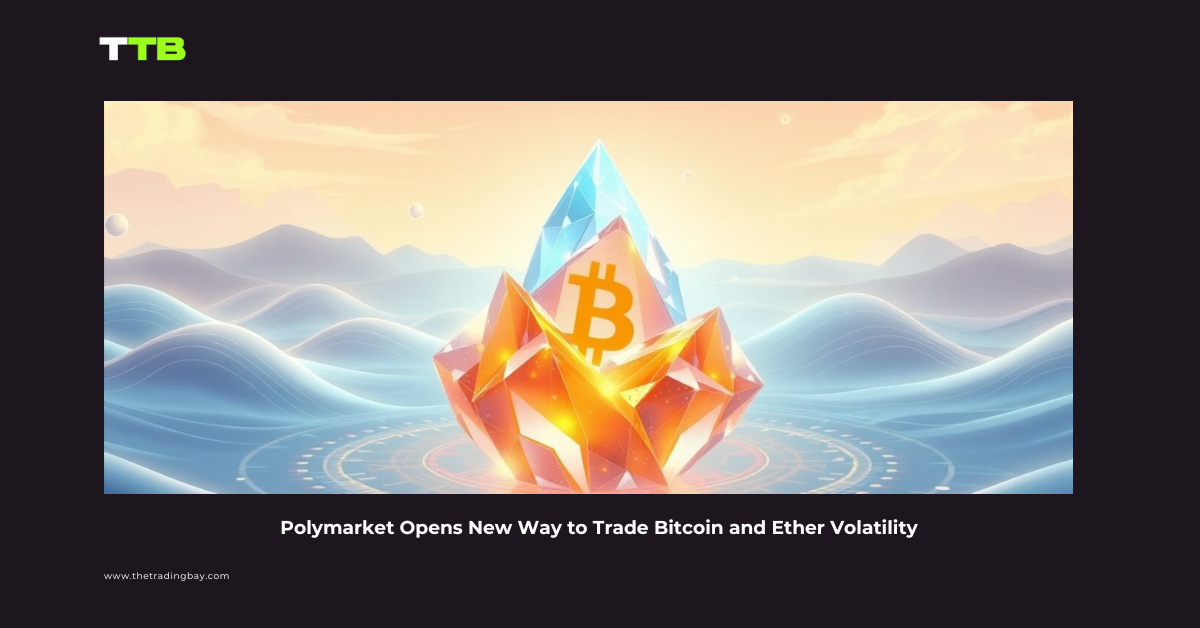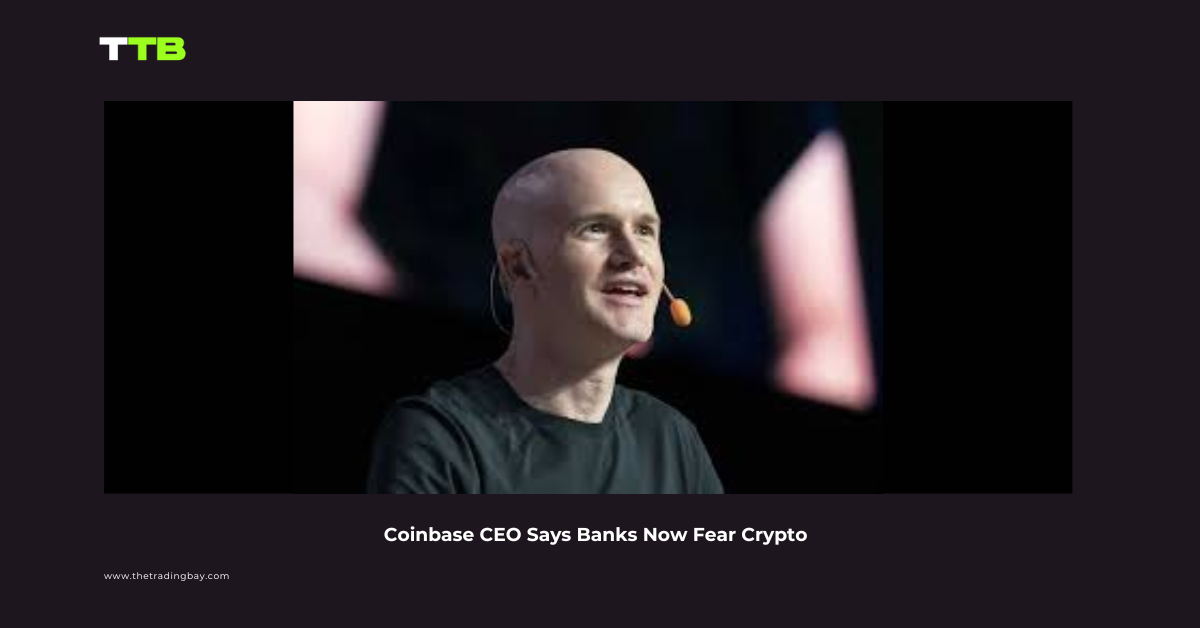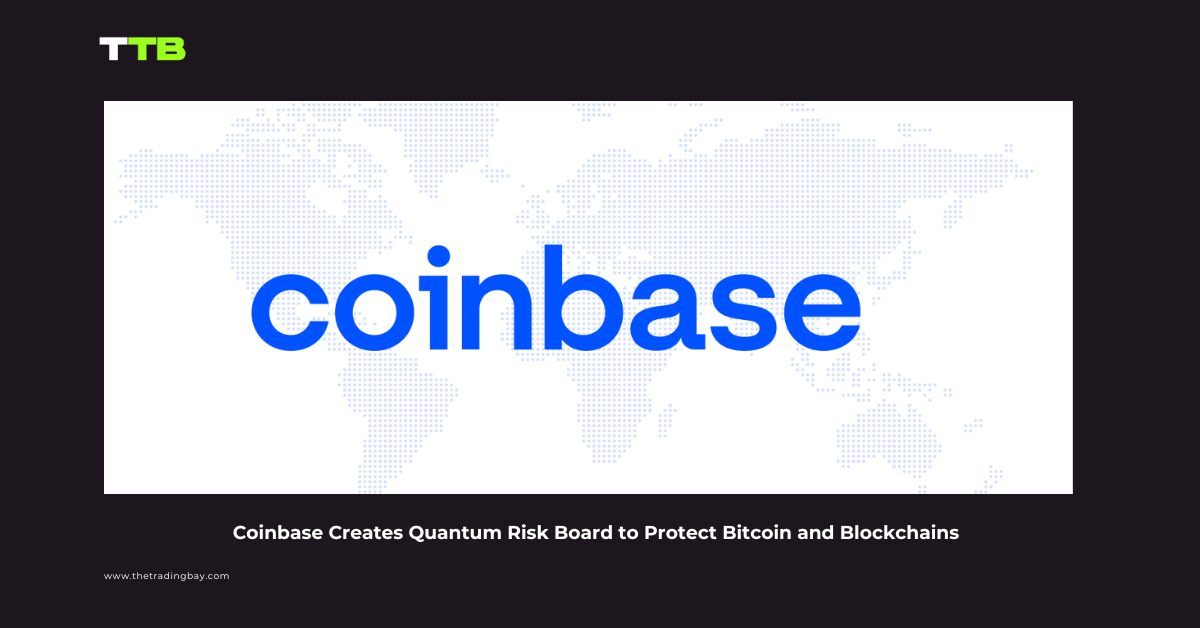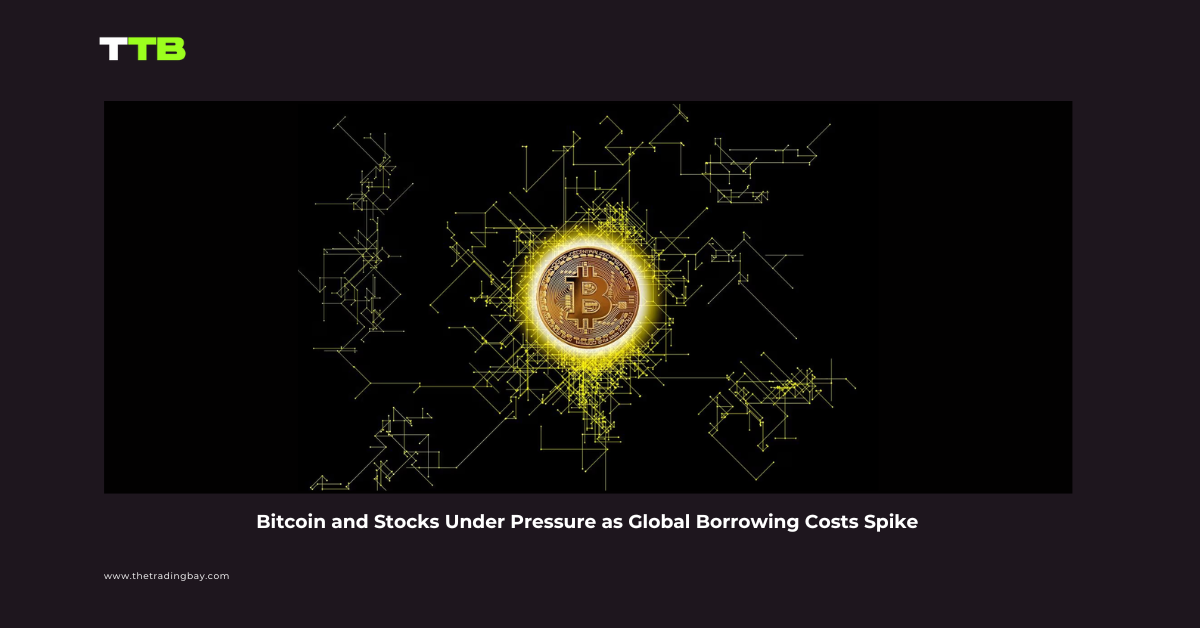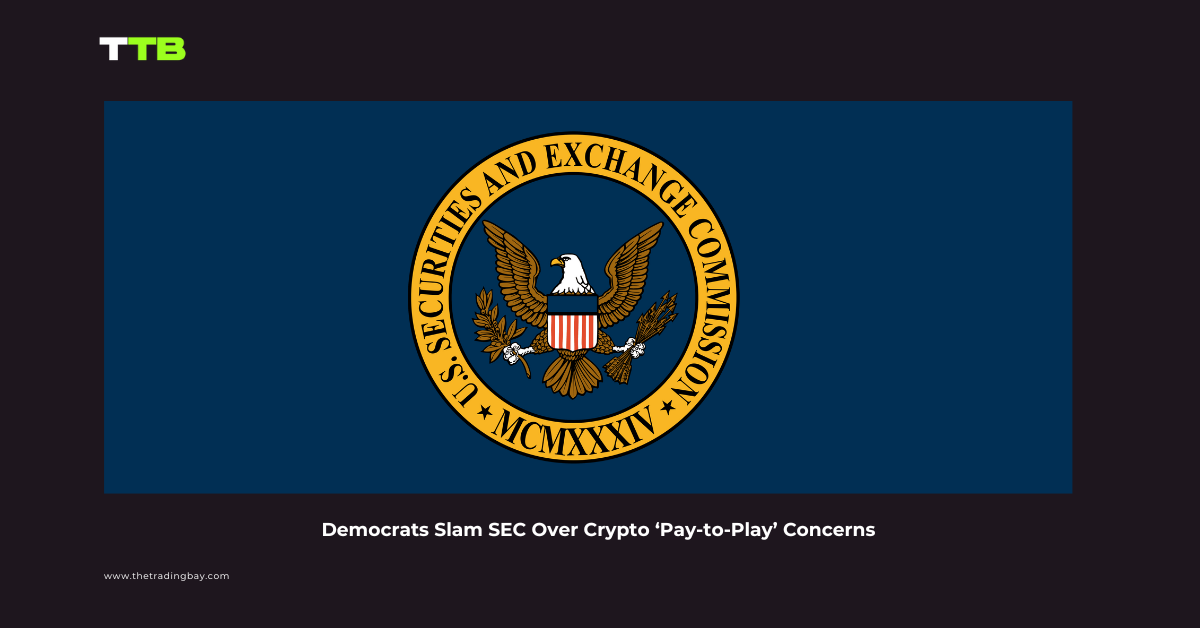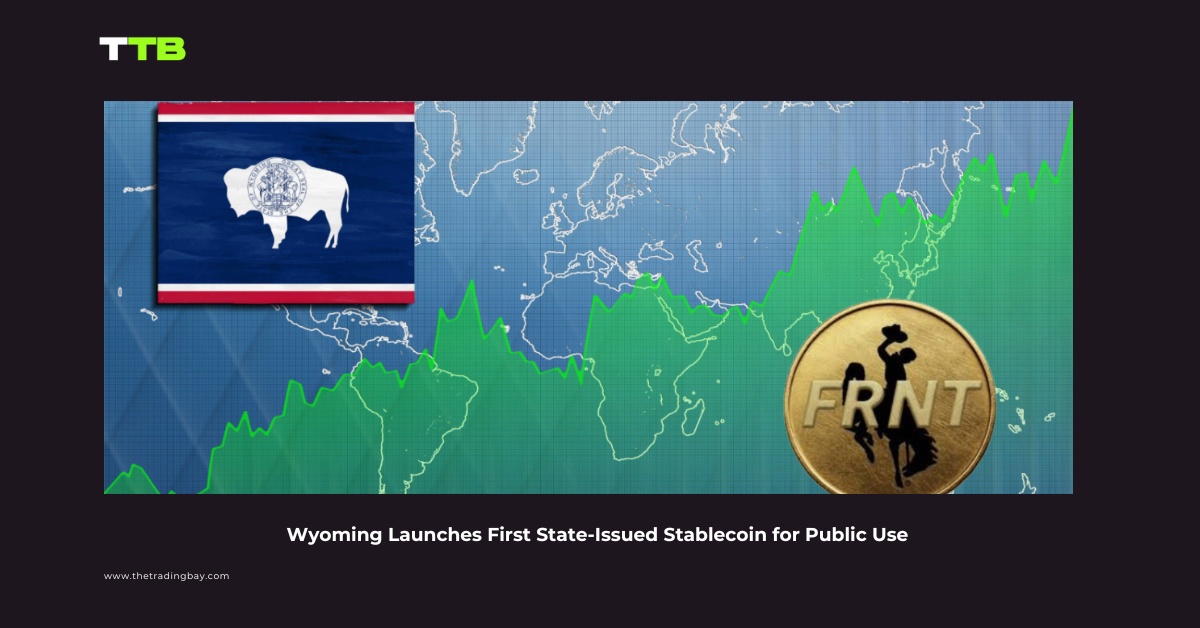
As the world of cryptocurrencies and decentralized finance is expanding and gaining more traction, DAOs or Decentralized Autonomous Organizations have emerged as a novel type of organizational structure. By leveraging blockchain technology, DAOs work in a decentralized way, operating differently from traditional governance systems.
In this article, we will delve into the concept of DAOs, how they work, and their main categories.
What is a DAO?
As its name suggests, Decentralized Autonomous Organization (DAO) is a community or organization that functions without the control of any central authority. Contrary to the traditional hierarchies, its framework is based on smart contracts which establish the rules essential for governance and decision-making.
To put it another way, DAOs are blockchain-native entities that are managed and controlled by individuals who are part of the community. The members make all crucial decisions about the working of this organization or its technical developments, decide on its future direction, and partake in the financial asset allocations related to the project.
Additionally, in these decentralized groups, proposals are typically approved through a consensus process in which all members cast votes. Proposals that reach the required threshold are then administered according to the procedures specified in the smart contracts. In other words, decision-making in these autonomous organizations involves voting and the use of smart contracts that execute the agreed-upon actions.
How do DAOs work?
As mentioned before, DAOs maintain their functionality and integrity using smart contracts. Smart contracts are a set of codes minted on blockchains, like Ethereum, that are automatically processed when the pre-determined conditions are fulfilled. Moreover, as DAOs are built on open-source blockchains, they are completely transparent and autonomous. Anyone can check the enforced codes (smart contracts) and the records of financial transactions available on the public distributed ledger.
That said, DAOs must have sufficient funding to effectively carry out their operations. Generally, they issue tokens and rely on token sales to fill funds in their treasury. In exchange for their token purchase, buyers are given the opportunity to exercise their voting rights and have a say in the decision-making processes of the DAO. This allows the coin holders to influence the direction and operation of the organization.
Once a DAO has been launched, the code that has been written and deployed cannot be altered by anyone, except through the proper voting process. A modification can be implemented only if the stakeholders reach a consensus. In the same way, a new proposal can only be administered if it is endorsed by the majority of community members; the smart contract executes the command automatically when the criteria are met.
Note that a major factor that maintains the viability of DAOs is their “incentivization model.” It means that stakeholders are incentivized to establish the integrity of the organization. Understand it this way: If a DAO protocol is successful, it will lead to increased usage, and the value of the tokens will surge. Consequently, it would be best for token holders to vote seriously and only approve proposals that benefit the protocol.
Major types of DAOs
DAOs can be categorized into various types depending on the main purpose they are designed to achieve. Here is a list of some most popular DAOs.
1. Protocol DAO
A Protocol DAO is modeled to oversee and manage a decentralized protocol, such as a decentralized lending or buying platform, or other types of DApps.
MakerDAO and Uniswap are the most prominent examples of Protocol DAOs.
2. Venture DAO
Also known as Investment DAOs, Venture DAOs arrange capital pooling where funds are collected from multiple sources to invest in Web 3.0 startups and protocols. These DAOs generate quick funding, which may not be possible via traditional channels, to sustain several decentralized finance (DeFi) operations.
Krause House DAO and Bessemer DAO are the main examples of this category.
3. Grant DAO
Grant DAOs facilitate the distribution of assets for charitable initiatives within the blockchain and crypto ecosystem. These DAOs may operate as a standalone protocol or as an extension of a larger charity project. Overall, they strategically direct the financial resources to support a wide range of causes and campaigns.
An example of Grant DAO is Aave Grants DAO.
4. Collector DAO
Also called Collectible DAOs, Collector DAOs, focus on the collection and management of digital collectibles, such as non-fungible tokens (NFTs). These DAOs function as communities or marketplaces, allowing members to buy or sell collectibles and partake in other activities, like creating and promoting related content. Moreover, these collective spaces may also grant the users access to exclusive collectibles, the ability to track or handle collections, and the opportunity to connect with others.
Flamingo DAO is an example of Collector DAO.
5. Social DAO
True to their name, Social decentralized organizations facilitate social networking in the cryptocurrency and Web 3.0 space. These DAOs allow individuals to collaborate, connect, & engage with each other and share their opinions within a digital democracy.
Examples of Social DAOs include FWB and Developer DAO.
What makes decentralized autonomous organizations popular?
DAOs have garnered significant attention due to the variety of benefits they offer. Some of them are:
Smart contracts
DAOs utilize “smart contracts” which allow the people to put faith in the established codes without personally trusting other members. In other words, individuals collaborate on a project due to the institution of smart contracts. They rely on these contracts for the maintenance of credibility and trust within the organization.
Decentralization
DAOs are decentralized entities that work without depending on a central body; all stakeholders are given the authority to cast votes or share their opinions regarding the relevant proposals. While no perfect decentralization exists in the DAOs due to the “those with more tokens have more privilege” principle, the voting power is still fairly distributed among all members.
Transparent
DAOs operate in a transparent and democratic manner whereby all blockchain transactions or codes can be seen by everyone.
Great community involvement
As DAOs are a constituent of the Web 3.0 ecosystem and function over the internet, people from diverse regions can come together and work collectively within their ambit. Simply put, DAOs are community-focused entities and anyone can become a part of them by just having their governance tokens and an internet connection.
Read more:
https://thetradingbay.com/what-is-a-crypto-decentralized-exchange-dex-how-do-these-exchanges-work/

